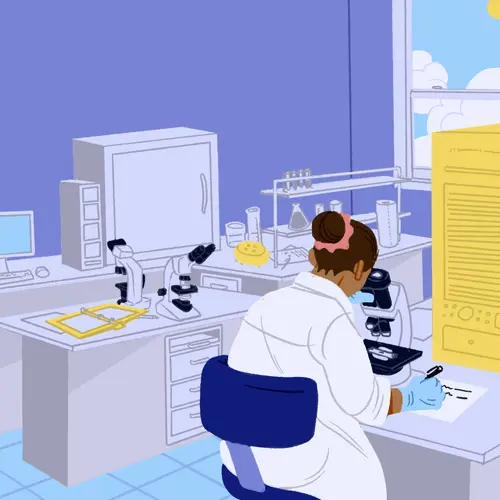Has something changed in your life? Have your seizures stopped? Then you might start thinking about stopping your epilepsy medicine, too. If you're living with drug side effects, like trouble concentrating or depression, or are worried about things you can't see, like bone loss, going off your medication might be something you are considering.
Still, understand that continuing the medication may have led to a better quality of life if you are seizure-free.
Stop or Switch?
The limited research we have suggests that kids should be seizure-free for 2 years, and adults for 2 to 5 years, before you consider stopping medication. One reason for the holding pattern is that it's hard to know if you haven't had seizures because your medicine is working or because the epilepsy has gone away on its own.
Sometimes, you can't wait that long. For example, you could:
- Get a dangerous skin reaction or other serious side effect
- Be planning to have a baby and are concerned about infertility (for them) or the possibility of birth defects
Start by talking to your doctor about why you want to stop. Maybe changing the drug you take will be better for your health. With more than two dozen epilepsy medications available, you have more chances to find the right one for you.
Pros and Cons
Like epilepsy treatment itself, the "who, when, and how" to stop completely is very individual. The only hard-and-fast rule is that you shouldn't do it on your own. There are complications of fast withdrawal, including a potential for seizures as well as implications for driving. Working with your doctor will help you lower the chances of seizures starting again.
You'll have to decide if the positives of quitting outweigh possible negatives.
On the plus side:
- An end to side effects
- Fewer chances of drug interactions
- Possible cost savings
On the minus side:
- Seizures could come back.
- You could feel unsure about the future and less in control.
- Drugs might not work if epilepsy returns (a slim chance).
- You may not be able to drive for a period of time.
Will Seizures Return?
This is the big question. And that likelihood is often the thing that decides whether or not to stop medication.
It's usually not an option for people with a type of epilepsy that rarely goes away, like juvenile myoclonic epilepsy. When you go off medication, a relapse is almost certain.
But nearly three-quarters of people with epilepsy have a form that's far less predictable. Which means you'll need to talk about it with your doctor. If you still get seizures despite taking medication, you probably should not even consider stopping medication and may need to just switch or add a medication.
Seizures are less likely to return if you have:
- Been seizure-free on medication for 2-5 years
- Only one type of seizure
- A normal neurologic exam and IQ
- A normal EEG for at least 1 year
Seizures are more likely to return if you have:
- Had epilepsy for a long time
- Had many or multiple types of seizures
- Get seizures despite medication
- Needed more than one medication to be seizure-free, or had to take medication for a long time before it began to work
- Tried to stop unsuccessfully in the past
- An abnormal neurologic exam or brain damage
- An IQ less than 70
- An abnormal EEG within the past year
- Worsening EEG results when you don't take medication
How It Works
Quitting medication suddenly can lead to a withdrawal seizure. Your doctor will lower your dose over time.
Children may be completely off medication in as little as 1 month. For adults, it's usually between 1 and 6 months, though some doctors think 3 months is the minimum.
What to Expect
More than half of people stay in remission and don't have another seizure after going off their medication. But the odds of relapse can be as high as 25% even among people with the best outlook for stopping.
Overall, the likelihood of a seizure during the first 2 years after stopping medication is about 2 to 3 times greater than what it is for people who stay on their treatment. After that, there's not really a difference.
If seizures return, there's a better than 90% chance that they can again be controlled with medication. But you may not see results right away. For some people, it could take up to 2 years.
Because there's no way to know for sure if seizures will return, you must work with your doctor before and after deciding to stop medication.
Will you ever get an "all clear" sign? Experts say yes, when you've been seizure-free for 10 years and medication-free for the last 5 of them.

